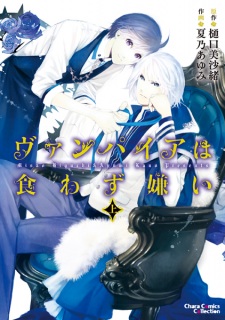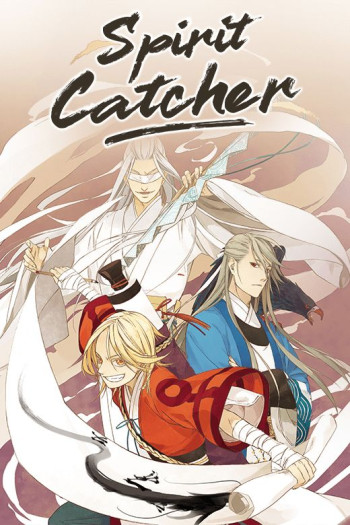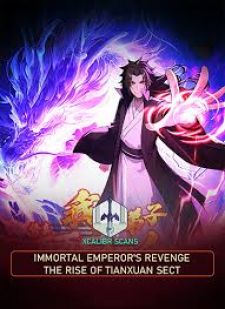Martial Peak Reviews
Hazel Gower's Lucian's Soul is a captivating exploration of the eternal struggle between good and evil, but with a refreshing twist that challenges conventional perceptions. The novel delves into the age-old dichotomy of angels and demons, flipping the script to present a narrative where demons, led by their king Lucian, are the true saviors of humanity. This intriguing premise sets the stage for a story that is as much about love and redemption as it is about the battle between celestial forces.
At the heart of the novel is Lucian, the weary king of demons, who has spent millennia protecting humans and shifters from the malevolent intentions of angels. Gower crafts Lucian as a complex character, burdened by the weight of his responsibilities and the endless war he must fight. His character development is one of the novel's strengths, as readers witness his transformation from a jaded leader to a being capable of profound love and renewed purpose. Lucian's journey is not just about finding his soul mate but also about rediscovering his passion for his mission and the world he has vowed to protect.
The introduction of Lucian's soul mate is a pivotal moment in the narrative. This character, whose identity is gradually revealed, brings a new dimension to the story. Their relationship is not just a romantic subplot but a central theme that drives the narrative forward. Gower skillfully portrays the dynamics of their bond, emphasizing how love can be a source of immense strength and power. The idea that love can transcend the boundaries of good and evil is a powerful message that resonates throughout the novel.
Gower's world-building is another noteworthy aspect of Lucian's Soul. The author creates a rich tapestry of myth and lore, blending elements of fantasy with a modern setting. The depiction of angels as antagonists is a bold choice that adds depth to the story, challenging readers to question their preconceived notions about these celestial beings. The shifters, too, are an intriguing addition, adding layers to the narrative and expanding the universe Gower has crafted.
The themes of redemption and transformation are woven seamlessly into the plot. Lucian's journey is not just about finding love but also about reclaiming his sense of purpose. The novel suggests that even the most powerful beings are not immune to doubt and despair, and it is through love and connection that they can find their way back to the light. This theme is universal and relatable, making Lucian's story one that resonates with readers on a personal level.
In terms of pacing, Gower maintains a steady rhythm that keeps readers engaged from start to finish. The narrative is punctuated by moments of intense action and introspection, creating a balanced reading experience. The dialogue is sharp and often laced with wit, providing moments of levity amidst the darker themes. Gower's writing style is accessible yet evocative, painting vivid images that draw readers into the world she has created.
Comparatively, Lucian's Soul shares thematic similarities with other works in the fantasy genre, such as J.R. Ward's Black Dagger Brotherhood series or Nalini Singh's Guild Hunter series, where the lines between good and evil are blurred, and love plays a transformative role. However, Gower's unique take on angels and demons sets her work apart, offering a fresh perspective that is both thought-provoking and entertaining.
Overall, Lucian's Soul is a compelling read that combines elements of fantasy, romance, and philosophical inquiry. Hazel Gower has crafted a story that is both entertaining and meaningful, inviting readers to reconsider their understanding of good and evil, love and power. The novel's impact lies in its ability to challenge perceptions and evoke emotion, making it a memorable addition to the fantasy genre.
For those seeking a story that offers more than just a battle between celestial forces, Lucian's Soul is a must-read. It is a testament to the power of love and the enduring struggle for redemption, themes that are as timeless as the characters who embody them.
























Reviews 0
Post a Reviews: